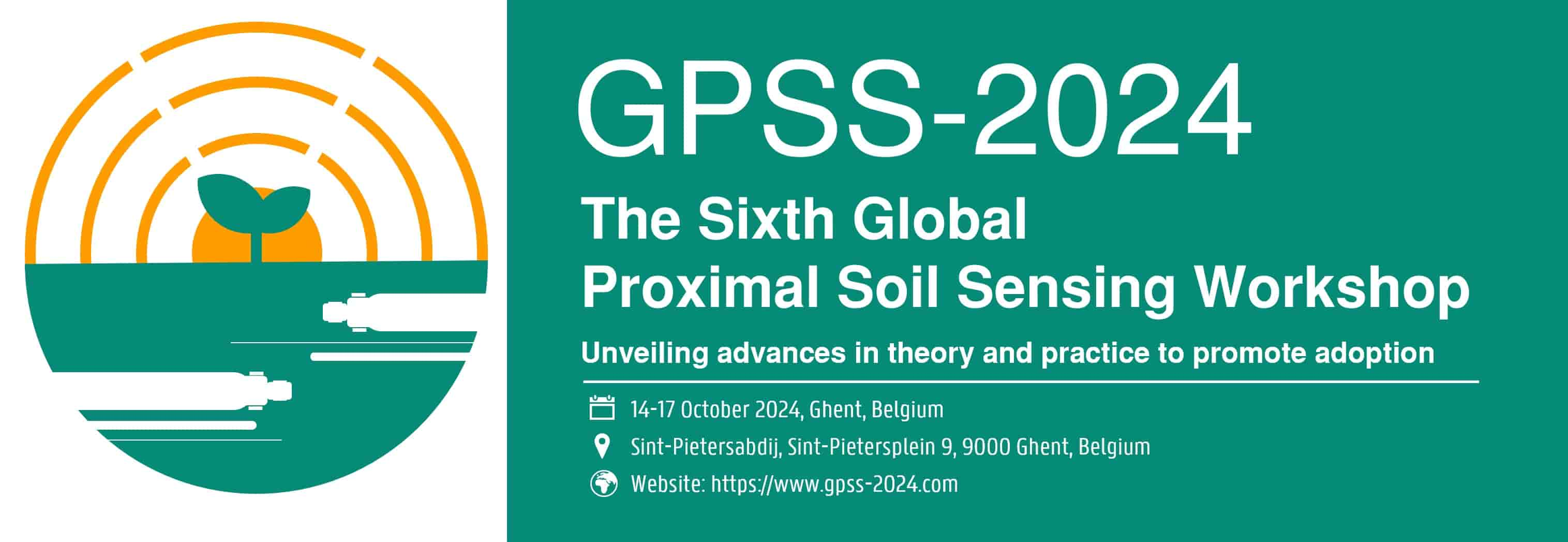Conferences
Upcoming MDPI Conferences (0)
No conferences found for the selection.Upcoming Partner Conferences (3)

Zagreb, Croatia
Dear Colleagues,
The Faculty of Geodesy (Geodetski fakultet) is organizing the International Conference of Environmental Remote Sensing and GIS (ICERS) on July 11th and 12th, 2024. The conference will take place at the National and University Library located at Hrvatske bratske zajednice 4, Zagreb, Croatia.
We invite you to present your research results and publish them free of charge in the ICERS conference proceedings, and to participate in the conference attendee.
Submit your abstract till 21st April via the link: https://forms.gle/pwTXfxNGYv23qcLT6
Further information can be found on the ICERS website:

Vancouver, WA, USA
The 2024 Hybrid OLI Meeting will be held on April 9th at the Water Resources Education Center in Vancouver WA, USA. The day will have a virtual and in-person option.
Visit our website:
https://mensurationist.net/2024-hybrid-oli-and-gmug-annual-meeting/

Ghent, Belgium
The workshop is organized by Ghent University on behalf of the Working Group on Proximal Soil Sensing (WGPSS), established in 2008 under the International Union of Soil Sciences (IUSS). Since it was established, the WGPSS group has organised five workshops to discuss technological advances in proximal soil sensing to complement laboratory methods of soil analyses. To overcome the bottlenecks of traditional data acquisition, soil inventory has evolved into the direction of proximal soil sensing. This is according to the paradigm “Measure more, less precise” or, in other words, bring the laboratory measurements into the field to increase the spatial and temporal coverage, but at the cost of measurement precision.
The Sixth Global Proximal Soil Sensing Workshop will continue the discussion from theoretical and practical perspectives, focussing on the applicability of the technology in natural resource management. The workshop invites participants from academia and industry, working on topics including, but not limited to, soil and environmental sciences, agricultural engineering, archaeology, forensic investigations, sensor development, near-surface geophysics, spectroscopy, agronomy, spatial statistics, and artificial intelligence.




